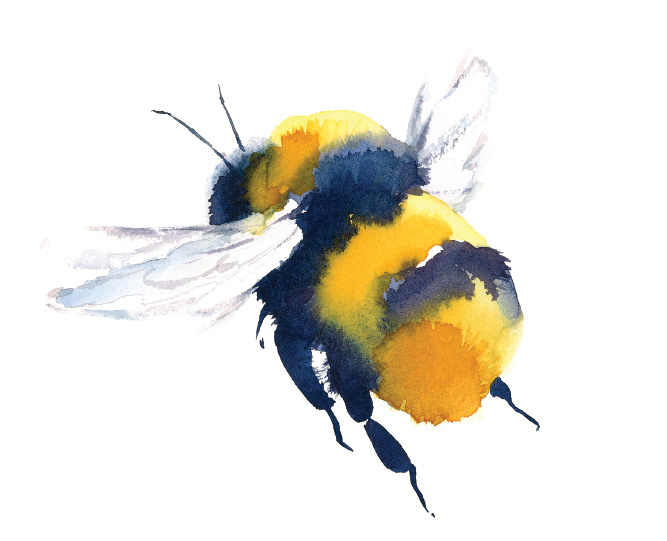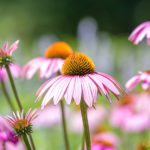
Emily Dickinson probably did not realize how prescient her poem “The Bee” would become when she drew comparisons between the hard-working bee she observed in her garden, and a noble soldier with a “helmet of gold…” and a breastplate of “a single onyx, with chrysoprase, inlaid”. We are now aware that in our fight to protect the environment, bees are very much on the front line. Researchers have observed a correlation between the health of bee colonies to the health of our ecosystems.
Picking up on this linkage, the United Nations declared May 20, 2020, World Bee Day (in honour of Anton Janša the 18th century pioneer of modern bee-keeping techniques) in an attempt to draw global attention to the preservation of bee habitats. Canada has named June 22-28, Pollinator Week.
Locally, the Municipality of Trent Hills was the first in Northumberland to be designated a Bee City by Bee City Canada, joining only 35 other cities across the country. The designation recognizes the efforts of the municipality, community organizations, businesses and schools to improve and maintain pollinator habitats, and acknowledges their commitment to providing conservation resources.
Not only is Trent Hills the first Bee City in Northumberland, the Campbellford/Seymour Community Foundation (CSCF) has been designated a Bee Partner – the first community foundation in Canada and the first not-for-profit in Northumberland County to sign up with Bee City.
“We’re proud to be in a position to lead, educate and hopefully inspire people to care for our pollinators,” says Martha Murphy, the Executive Director of CSCF.
In the past year, the CSCF has helped Ontario Power Generation plant a pollinator-friendly garden with perennials, launched an education campaign about the importance of reducing grass cutting to restore bee-nesting areas, and supported area schools by providing educational resources and financial support towards the planting of their own pollinator-friendly gardens.
Murphy explains, “If bees and other pollinators become extinct, we would lose local produce like apples, blueberries, raspberries and even squash that are dependent on pollination. It would not only impact our farmers, but our whole community.”
Murphy hopes that these first steps towards helping pollinators will inspire other municipalities to become designated bee partners too, and take up the challenge.
“There is so much more to be done, and if we work together, we can make more meaningful change,” she comments.
For more information visit beecitycanada.org or cscf.ca.
Bees are very much on the front line. Researchers have observed a correlation between the health of bee colonies to the health of our ecosystems.
Story by:
Micol Marioti




